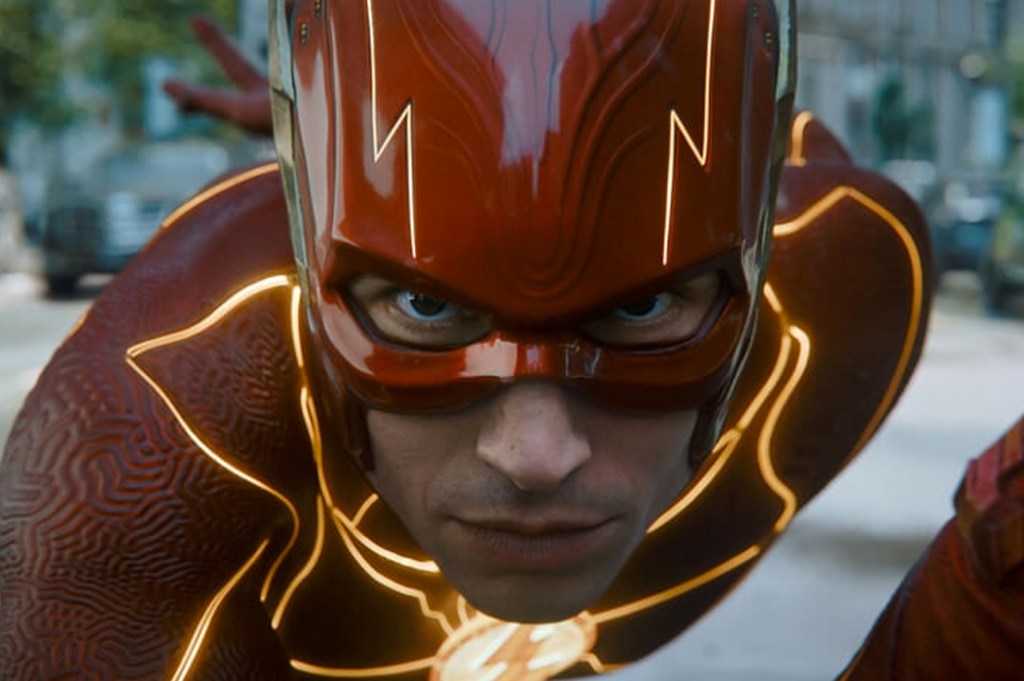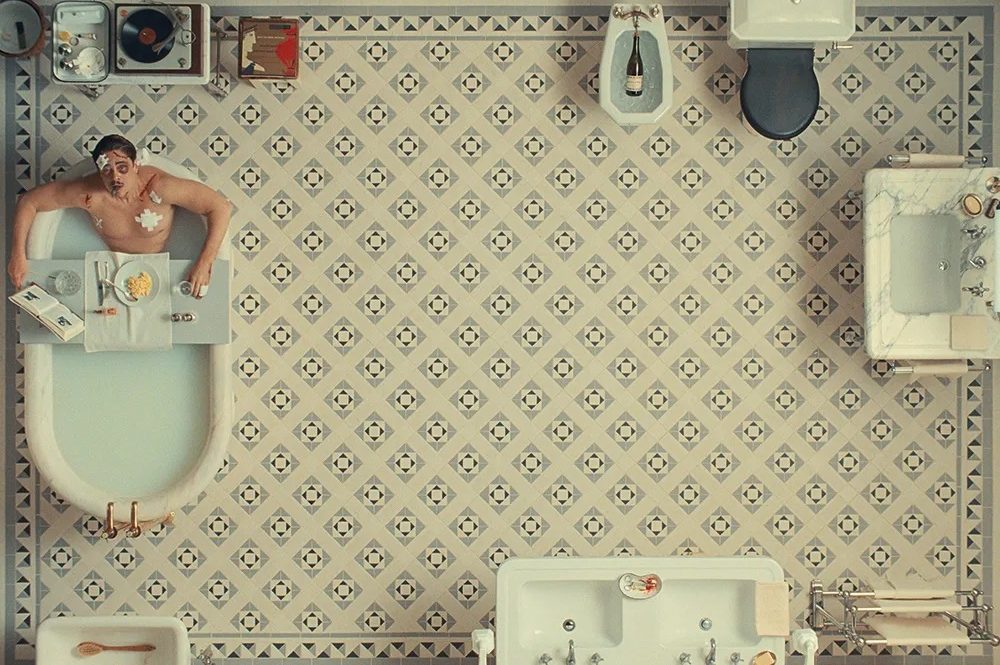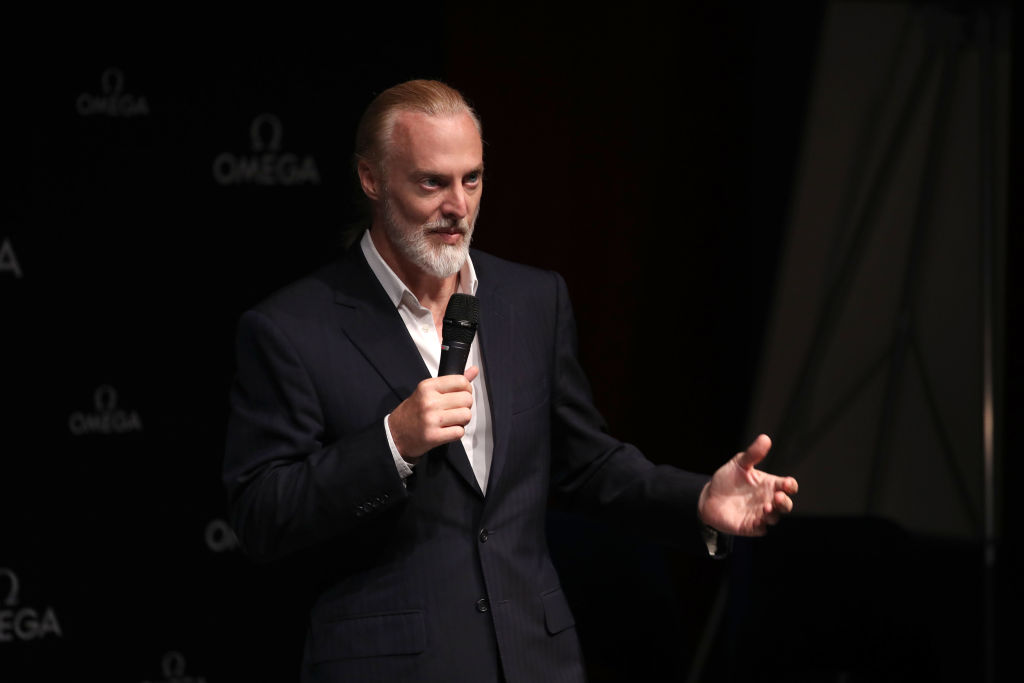When The Flash opens at cinemas this week, its production company DC Studios and distributor Warner Brothers will no doubt be hoping that attention is diverted away from its troubled, pronoun-wielding star Ezra Miller and towards its multiverse qualities. To the uninitiated, this sounds simply as if the studio has rounded up every actor who ever played Batman (save Christian Bale, who has wisely moved onto other things), chucked a Supergirl into the mix and even produced a truly bizarre Nicolas Cage cameo as Superman. Even Christopher Reeve appears, from beyond the grave. But to its now-desperate makers, mindful of the massive financial success of Spider-Man: No Way Home, the film has to succeed. It is with this in mind that Warner’s CEO David Zaslav announced that it was “the greatest superhero film I’ve ever seen.”
Big words; all the more grandiose because among aficionados, Warner’s 2008 release The Dark Knight has traditionally held such a mantle. And in truth, early reviews for The Flash have not supported Zaslav’s sweeping statements. It currently stands at 71 percent positive on Rotten Tomatoes, which is far from dreadful, but nowhere near as strong as most rival Marvel pictures. Current predictions for an opening weekend stand at around $70 million, which would be seen as hugely disappointing, given the film’s $200 million budget (and then some) plus the hype surrounding its production. But then again, perhaps Miller’s toxicity has disproved the old adage that “all publicity is good publicity” in some style.
If The Flash was an isolated example of hype over achievement, it would be easy to ignore. And ever since P.T. Barnum arrived with his first traveling circus in the 1830s, audiences worldwide have learnt to take sky-high marketing claims with a significant pinch of salt. But a couple of high-profile disappointments at last month’s Cannes Film Festival have proved that the entertainment industry is both desperate to get as much early exposure for their products as possible — regardless of their quality — and that it can backfire hideously. Sam Levinson’s music industry show The Idol sold itself on its graphic sexual content and a supposedly star-making role for Johnny Depp’s daughter Lily-Rose; as Vogue mournfully noted, “Whether The Idol will go down in history as a misfire of high-budget misogyny or a telling depiction of the terrifying trappings of fame will likely depend on who you talk to.” Whoops.
Yet this is nothing compared to the looming failure of the fifth and final Indiana Jones film, which took the bold decision to premiere at Cannes over a month before its theatrical release in the United States, and was duly critically reviled. Sitting at a wretched 55 percent at Rotten Tomatoes, it was ridiculed for undue prominence given to Phoebe Waller-Bridge, the indignity of the now eighty-year-old Harrison Ford being forced to fight enemies as if he were a homeless person battling for dollars on YouTube and the absence of Steven Spielberg as a director, to say nothing of its wildly unconvincing de-aging techniques. If its producers and distributors had hoped that its Cannes launch would be a successful one, they must be sorely disappointed; the film has been transformed from one of the summer’s most anticipated blockbusters into an also-ran.
I’d love to say that audiences have become more discerning, and able to see through smoke and mirrors with ease. They have not; Avatar 2’s cumulative box office gross is $2.3 billion. Yet there’s also a weariness with being told, repeatedly, that “THIS FILM WILL CHANGE YOUR LIFE!” Once bitten, thrice shy; it will not. Undoubtedly, curious audiences will still turn up to see Miller’s multi-faceted appearance as The Flash, or Ford wheezing and panting his way through his final turn as Indiana Jones, but not in the numbers once anticipated. More likely, they will shrug and wait for the expensive pictures to turn up on a streaming service. Still, the next time that a CEO says that their company’s pride and joy-cum-tax write-off is the greatest picture ever made, they’ll laugh and remember Barnum’s famous adage: “Without promotion, something terrible happens… nothing!”





















